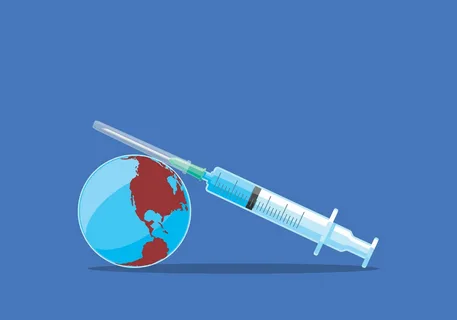Traveling internationally can be an exciting adventure, but it also comes with responsibilities. Ensuring your health and safety should be a top priority before stepping on a plane. One essential component of a comprehensive safety plan is understanding the role of vaccinations. This guide will help you navigate the steps needed to protect yourself while traveling abroad.
Why Vaccinations Are Essential for International Travelers
International destinations can expose travelers to diseases that are rare or non-existent in their home country. Vaccinations serve as a critical defense mechanism against these illnesses. Not only do they protect you from serious health risks, but they also prevent the spread of disease to others.
By making vaccinations a part of your travel preparation, you minimize the risk of encountering preventable illnesses such as yellow fever, hepatitis A and B, typhoid, or even more common travel-related infections like influenza.
Steps to Prepare for International Travel
1. Research Your Destination
Every country has specific health risks, and these can vary by region. Before planning your trip, consult official travel health resources or speak with a healthcare provider to identify recommended vaccinations for your destination.
2. Schedule a Pre-Travel Health Consultation
Ideally, you should meet with a travel medicine specialist or your primary care physician at least 4–6 weeks before departure. This allows sufficient time for vaccines to take effect and for any necessary boosters to be administered.
3. Review Your Vaccination Records
Ensure your routine immunizations, such as MMR (measles, mumps, rubella), Tdap (tetanus, diphtheria, pertussis), and influenza are up to date. Keeping a personal record of your vaccinations is also helpful in case of emergencies abroad.
4. Consider Additional Precautions
Some destinations may require proof of specific vaccinations for entry. For example, a yellow fever vaccination certificate is mandatory in certain countries. Additionally, preventive measures such as malaria prophylaxis may complement your vaccination plan.
The Role of Vaccinations in Your Safety Plan
Vaccinations are more than just a recommendation—they are a cornerstone of your international travel safety strategy. They protect your health, reduce travel disruptions caused by illness, and allow you to enjoy your journey with peace of mind. Incorporating vaccines into your safety plan demonstrates responsible travel planning, ensuring you are prepared for the unexpected.
Conclusion
In conclusion, preparing for international travel involves careful planning, and understanding the role of travel vaccinations in your safety plan is vital. By researching your destination, consulting with healthcare professionals, and maintaining an updated vaccination record, you can safeguard your health while exploring the world. Prioritizing vaccinations not only protects you but also contributes to global health safety, making your journey both safe and enjoyable.


